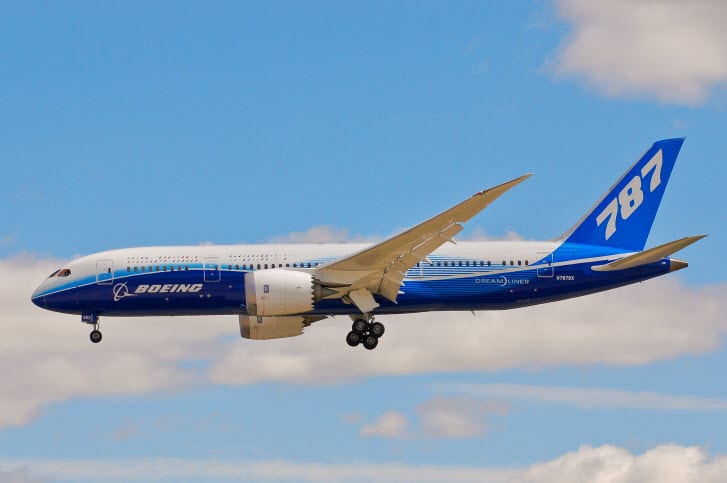Though Boeing has built a plane they call the 787, that is not the 787 we are referring to. However, as the title of the article implies, I am speaking about the airline industry in general. In the wake of all the privacy concerns that have come to light recently, resolution 787 is also being looked at again. Resolution 787 is considered the industry standard for the way airlines protect our privacy. In other words, if you fly on a commercial aircraft, the company can do what it wants to with your data.

Let’s take a look at specifics. If you have flown at all in the last 10 years or so, you have noticed that if you request a paper ticket, you pay a fee for that ticket. That is not because the cost of ink or heavy card stock has gone up by $50 a ticket. I suggest that is because you do not give out as much privacy information as you would with an Eticket.
Before you think that sounds like a conspiracy theory, hear me out. For one, because of the nature of Etickets, you are sharing your email address with the airline. From that point, they can take that info and send you emails for marketing purposes. Of course, different airlines have different policies on the way the way they handle information. Some say they won’t sell your data to 3rd parties, but they will “routinely share it”. In fact, there are several airlines that have language along the lines of sharing it with their business partners.
Make more sense now? So, the way that airline help keep costs down is by providing our information to others. As I mentioned, it is not just one company that I can point a finger at, it is all of them. The truth is, the airline industry is not generally proactive, but reactive. Things have to break or come to light before any changes are made. One only has to look to 2001 to see evidence of that.
At this point, there does not seem to be a way to opt out of information being used like this. This does provide a compelling reason to revisit resolution 787. With industry-wide sharing, and the numbers of people that fly on commercial airlines, we are stuck receiving spam until this is corrected. Though congress’s action may not change anything, we will at least know it was brought to light. Sometimes, that has a bigger effect on policy than the actual policy itself.
